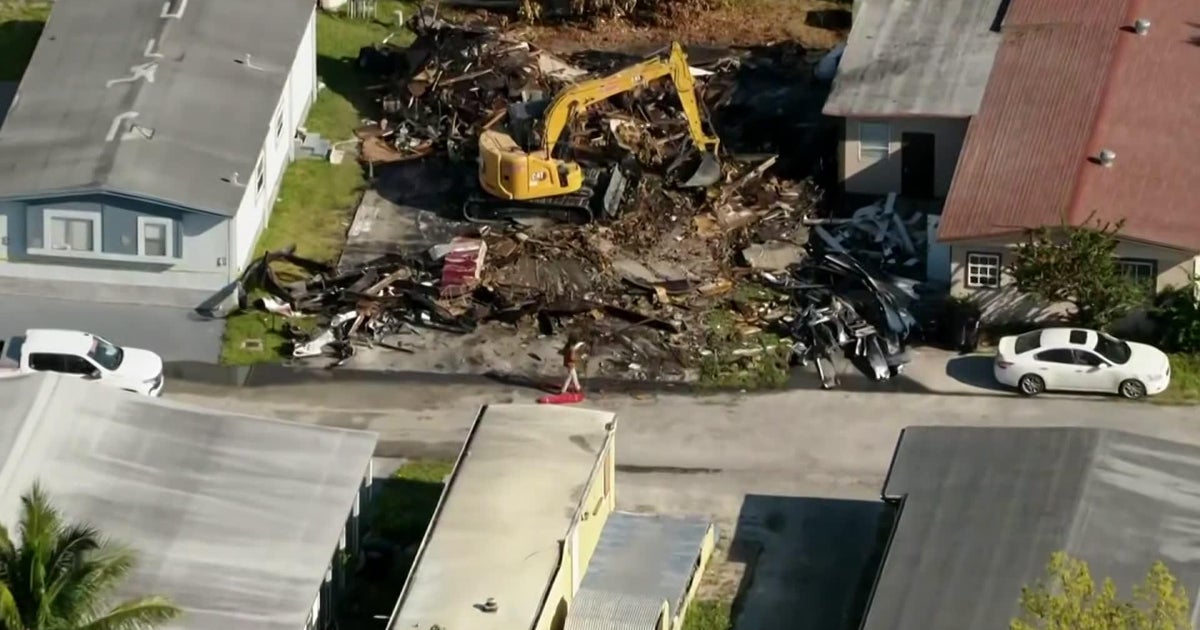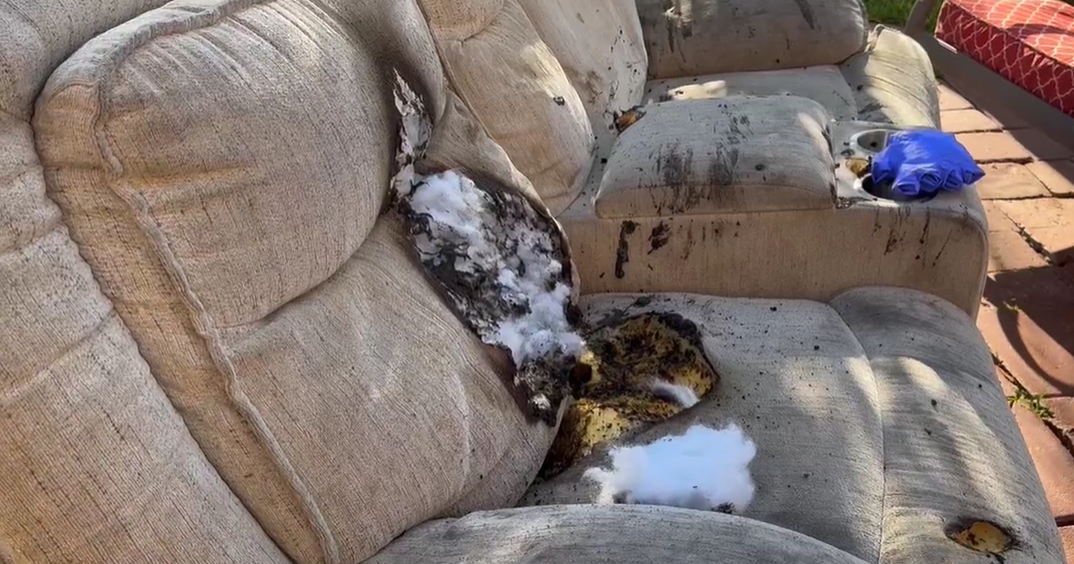South Florida expert divers detail challenges of water rescues after Potomac River midair collision
MIAMI - Fire rescue divers must rely on more than just sight when navigating murky waters. Often, they can't see past their own hands.
Instead, they search by feel, working against strong currents, freezing temperatures and hazardous debris.
Experts said these challenges were likely at play in Wednesday's mid-air collision between an American Airlines plane and a Blackhawk helicopter near Washington, D.C., which sent both aircraft into the Potomac River with 67 people on board. So far, no survivors have been found.
Limited visibility makes search efforts difficult
Hialeah Fire Rescue trainer Marcelino Moreno said divers often have no choice but to rely on touch rather than vision.
"They're probably gonna be belly down on the bottom of the water," Moreno said. "They're really just searching with their hands out."
Divers must be suited up within minutes of a call, with their only means of communication being a rope and buoy system.
"One pull from the tender to the diver means, 'Are you okay?'" Moreno explained. "Two pulls mean, 'Change direction.'"
Cold water, dangerous debris add to the risk
Daniel Izzo, a retired Navy SEAL master chief, has conducted water rescues after plane crashes and said winter conditions in the Potomac River make the situation even more dangerous.
"It always seems like something like this happens at the worst possible time," Izzo said. "It happened at night. It happened in January."
Izzo said divers risk getting caught on plane debris in near-zero visibility.
"You could get hooked on a piece of metal and then you have to stay calm," he said.
Even with protective gear, cold temperatures limit how long rescuers can stay in the water.
"You're still battling the environment. It's still pretty cold. You're good for a while, but not forever," Izzo said.
Florida rescuers face different challenges
In South Florida, divers don't typically battle freezing water—but they do contend with wildlife.
Miami-Dade Fire Rescue recently conducted a water rescue training in a Hialeah lake, where divers entered waters known to contain alligators.
Firefighters typically wear wetsuits during rescues, but officials said that in the Potomac's frigid waters, they would need dry suits, which are thicker and heavier.
"It feels like going in with a hazmat suit on," one firefighter said.





